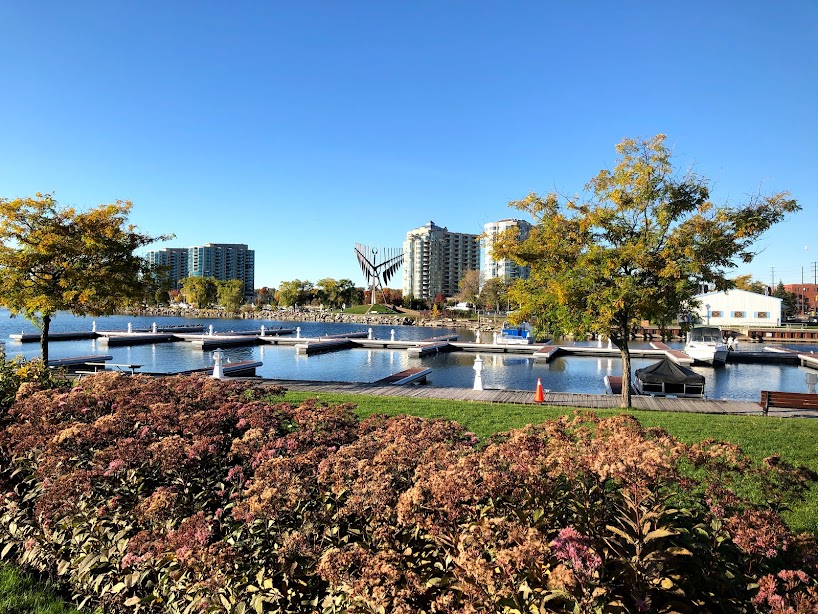BENEFITS OF INCREASING URBAN CANOPY
BENEFITS OF INCREASING URBAN CANOPY
• With our urban sprawl we have banished living creatures for their native environment, so it behooves us to plant as many trees as possible to help restore some of the wildlife habitats we have destroyed.
• Trees planted along the lakeshore will provide a Ribbon of Life for all creatures in the lake. All aquatic life in the lake began their life cycles on the shoreline. Without shade provided by towering trees to protect their fragile
beginnings, the eggs from fish and other aquatic creatures will perish from the sun’s intense rays.
• During photosynthesis trees absorb CO2, a major GHG, while providing us with oxygen.
• Planting shade trees in parking lots prevent cars left in the sun from emitting their own blend of pollutants into the air.
• Dr. Kenney pointed out in a recent study that Toronto’s 7 million trees absorb about 28,000 tonnes of carbon every year and the trees also store a million tonnes of carbon and 1,500 tonnes of other pollutants such as nitrogen oxides, sulphur dioxides and
particulates associated with breathing problems.
• Tree canopy traps and redirects rainwater which is especially beneficial during large storms when excess water can cause sewers to overflow. Over its lifetime a tree can save millions of dollars by redirecting water into the ground away from treatment plants.
• The roots of trees help to stabilize the soil thus reducing the effects of mud slides and preventing fertile soil from being blown away.
• The roots of one mature tree can hold a staggering 57 000 gallons of water in a 10-12 inch flash flood!
• A street lined with mature trees can be 3-6 degrees cooler than a similar street devoid of trees.
• One mature Maple tree, on average cools the air around it equivalent to 6X10,000 BTU air conditioner!
• The shade from trees reduces the temperature of paved areas by 12 degrees Celsius and the use of an air conditioner by 10%.
• Roots of trees also clean the water by absorbing chemicals and heavy metals, they will not grow into drain pipes unless they are cracked and become a source of water.
• Trees reduce the amount of lawn you have to maintain.
• In a report by Oakville (the first of its kind in Ontario) called Oakville’s Urban Forest: Our Solution to our Pollution it was pointed out that Oakville’s urban forest provided $ 2.1 million in ecological services annually.
• Oakville’s 1.9 million trees soaked up 22,000 tonnes of CO2 in 2005.
• The replacement value of the urban trees was pegged at $878 million.
• Residents and businesses saved $840, 000 on their energy bills.
Over a 50 year life span the average tree makes-
• $31,250 worth of oxygen
• $62 000 worth of air pollution control
• recycles $ 37 500 worth of water
•controls $31,250 worth of soil erosion






Comments
Post a Comment